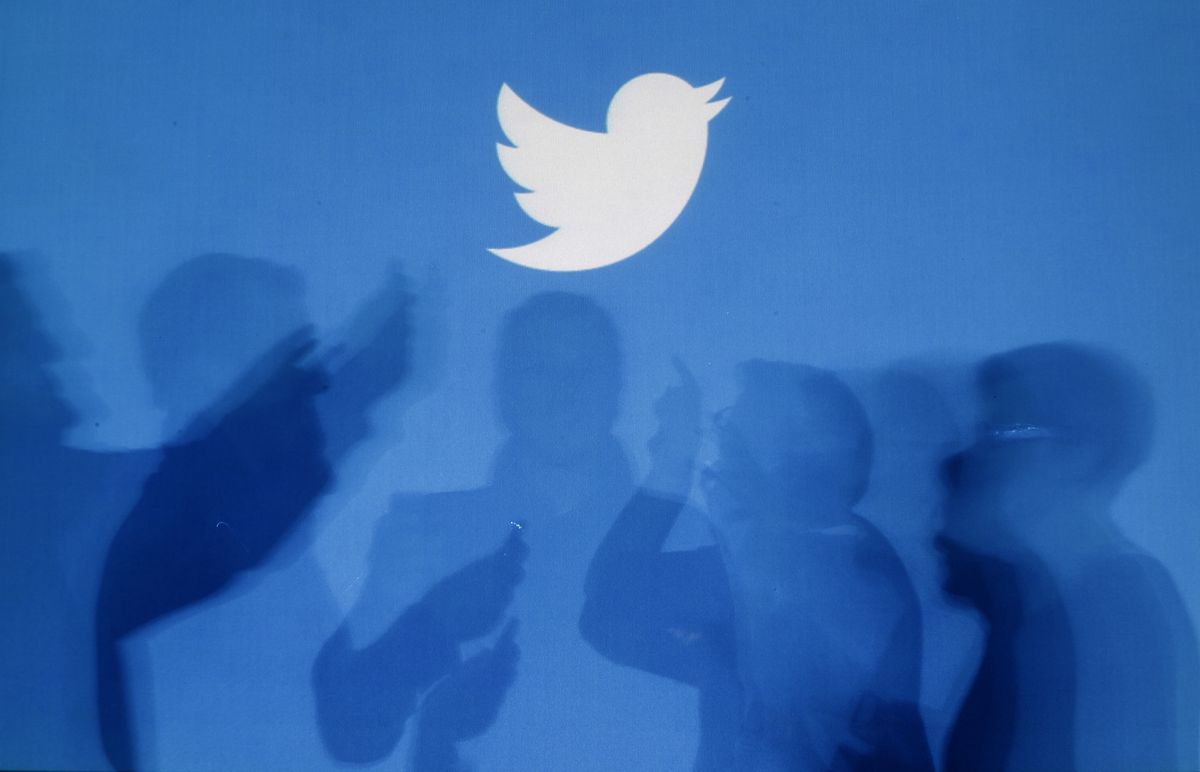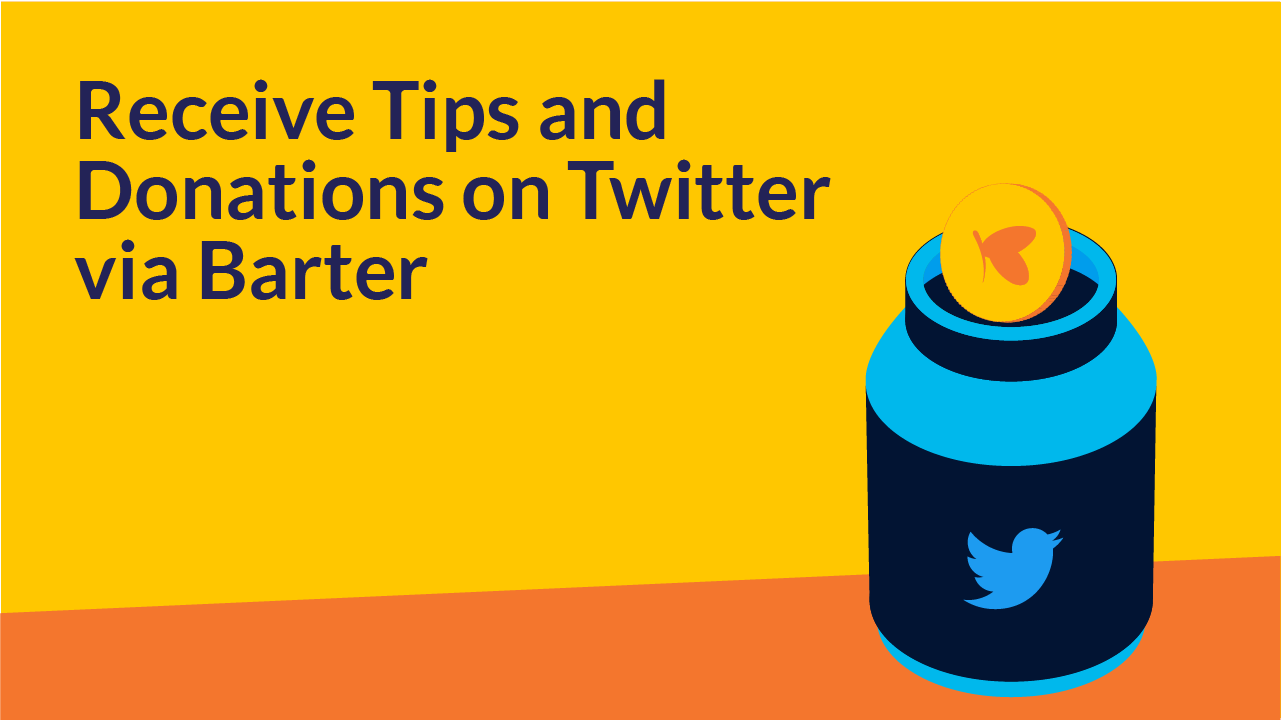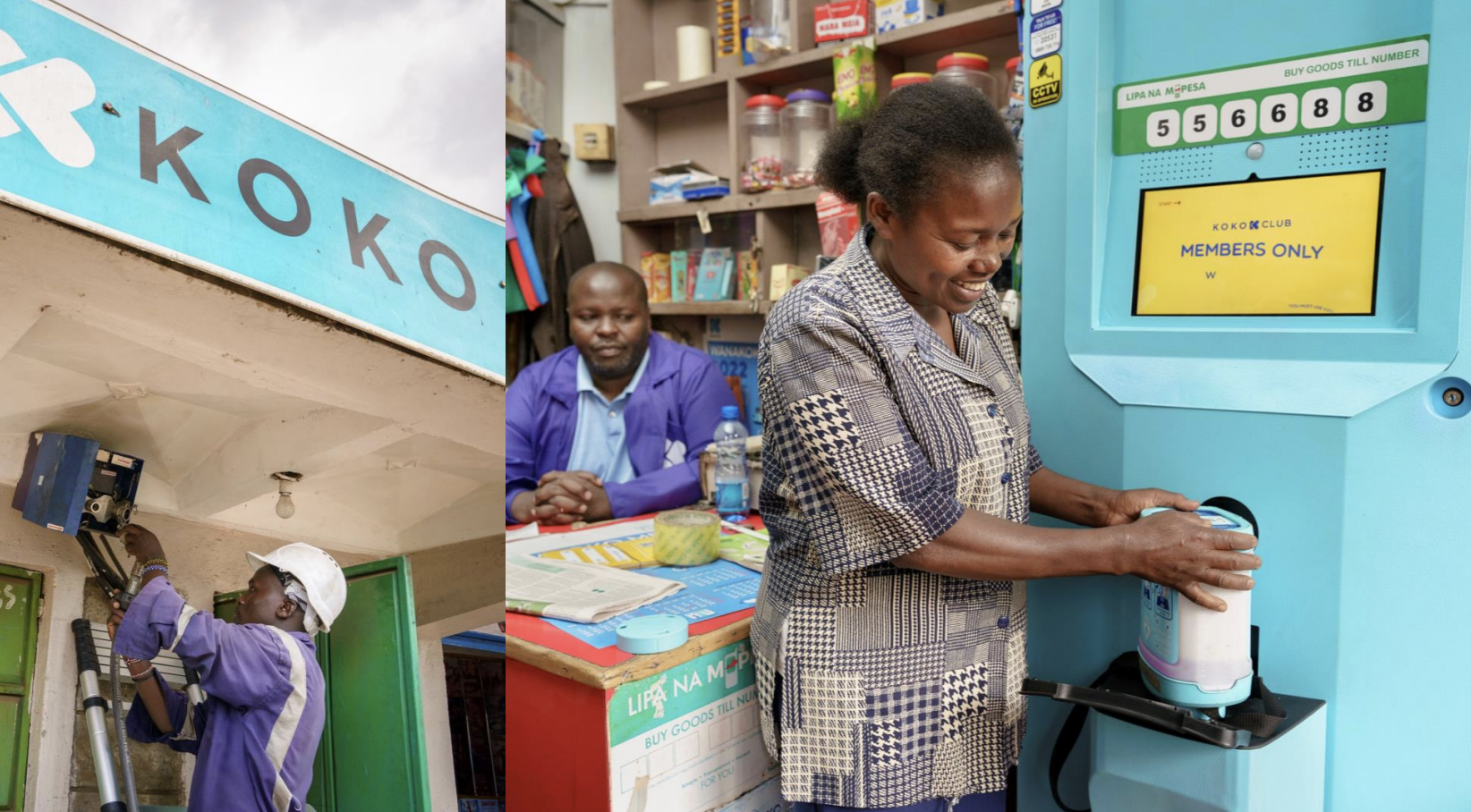
IN PARTNERSHIP WITH

Good morning 🌄
Twitter has rolled out a new feature that will let users place content warnings on individual tweets.
Previously, the feature was a blanket warning that blurred highlighted users’ photos or videos when the media contained sensitive content.
To use the feature, users simply have to select the Flag button in the Edit menu of every photo or video they want to upload.

In today’s edition
- Sanctioning Russia
- Kenyan influencers get $15 to push disinformation
- Breaking down funding terms
- TC Insights: More for all
- Tech probe: Answers
- Job opportunities
SANCTIONING RUSSIA
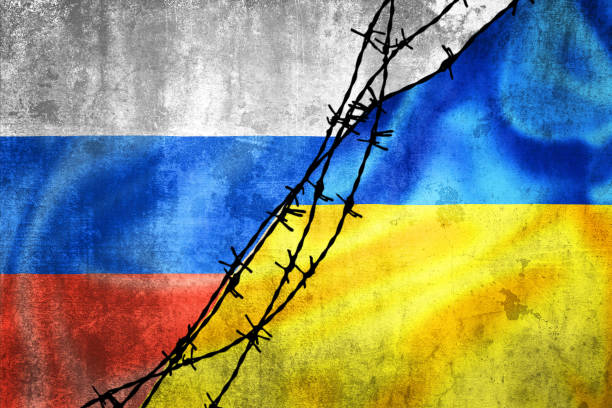
It’s Day 5 of the Russian invasion of Ukraine and it’s not getting any better. If you missed our recap on what brought on the invasion, catch up here.
Here’s what’s happened in Ukraine since Friday.
- Casualties are piling up! The Ukrainian state claims it has eliminated over 3,500 Russian soldiers. At least 198 Ukrainian civilians have also been killed since the beginning of the war, but the UN estimates that the figures may be as high as 250, with the wounded number in the thousands.
- Ukraine also began conscripting its male reserves, aged 18 to 55, for the war. President Volodymyr Zelenskyy also urged all Europeans with combat experience to take up arms and join in Ukraine’s war.
- Nations and organisations across the world are pitching in to help Ukraine push back Russian insurgents. US president, Joe Biden, approved $350 million worth of military weapons; Germany is providing a thousand anti-tank weapons, and the Netherlands is pitching in more.
- Africans stuck in Ukraine are having a hard time leaving the country. According to several first-hand witnesses, Africans are being pushed back by Ukrainian forces who are letting only Ukrainians through. The Nigerian and South African embassies, however, are in contact with officials at the Polish and Romanian border to ensure safe passage for all African nationals.
Sanctioning Russia
Apart from aiding Ukraine, moves are being made to sanction Russia. The US, UK, Canada, and the European Union have frozen the assets of President Vladimir Putin and his Foreign Minister, Sergei Lavrov. The US has also imposed a travel ban on both, a decision that other countries are still considering.
On the digital end, Russia will also be cut off from Society for Worldwide Interbank Financial Telecommunication (Swift)—a cross-border payments service that facilitates transactions between 11,000 banks and financial institutions across the globe.
Meta also banned Russian state media from running ads or monetising content on Facebook. In response, Russia put a partial block on both Twitter and Facebook for “censorship of state media”.
Are the sanctions working?
Since these sanctions were imposed, the ruble, Russia’s currency had fallen by 6% against the US dollar as of February 24 while its stock market also took a dive, costing Russian billionaires about $126 billion.
Experts also expect that it won’t get better for Russia’s economy. When Iran was cut off from Swift, it lost 30% of its foreign trade and many expect that Russia, whose banks are heavily reliant on Swift, will see its economy take a hard blow.
Zoom out: On the war’s end though, Russia isn’t slowing down its invasion which has been met by fierce opposition in Ukraine. Russia did however state that it would be willing to negotiate with Ukraine in Belarus, a decision Ukraine rejected as Belarus is being used as an attack front by Russia.
Yet to get paid for your hilarious tweets?
Simply add Barter to your Twitter profile and start accepting tips and donations from your followers.
Learn how to set up Barter for Tips.
This is partner content.
KENYAN INFLUENCERS GET $15 TO PUSH DISINFORMATION

In the past 3 years, the Kenyan Parliament has tried to pass 2 important health bills: the Reproductive Healthcare Bill which criminalises forced sterilisation and provides rights to reproductive healthcare services to every woman in Kenya; and the Surrogacy Bill which proposes regulatory standards for surrogacy.
So what’s the problem?
The bills contain touchy subject matters and an organisation is accused of taking advantage of this by misleading Kenyans with sponsored disinformation campaigns.
According to Mozilla Foundation, an anti-choice Spanish advocacy group called CitizenGO has been paying Kenyan influencers $10 – $15 to insert themselves into conversations with tailored tweets that discredit the bills. One tweet wrongfully claimed that children of surrogates display behavioural and emotional issues.
Mozilla discovered that CitizenGO, and accounts related to it, had made similar tweets 20,811 times and engaged in 11 campaigns targeted at the bill.
And it’s not the first time
Disinformation campaigns on Twitter are not new. Campaigners often take advantage of Twitter’s Trends section, which helps users identify the most discussed topics on the platform and also find popular information or discussion.
The platform has come under fire several times upon Trends’ misuse by disinformation campaigners. The feature was used by warring parties in Ethiopia to spread hate campaigns. It was used to spread disinformation during the US presidential election in 2021. And more recently, Nigerian influencers were paid to spread misinformation in favour of Venezuelan politician, Alex Saab.
Disinformation made easy
According to Odanga Madung, a fellow at the Mozilla Foundation based in Nairobi, t’s “quite easy to manipulate (content) in jurisdictions such as ours where the volume of content is not as high as countries such as the US.”
With African countries increasingly vulnerable to disinformation actors on Twitter, a collaborative effort between Twitter, policymakers, civil societies and media organisations will be crucial to keep online discourse saner and difficult to manipulate.
At Busha, we want everyone everywhere in Nigeria to have access to crypto. That’s why you can buy as low as ₦250, set recurring buys, get the best rates, and soon 🤐 on Busha. Join 300,000+ Nigerians already using Busha.
This is partner content.
BREAKING DOWN FUNDING TERMS
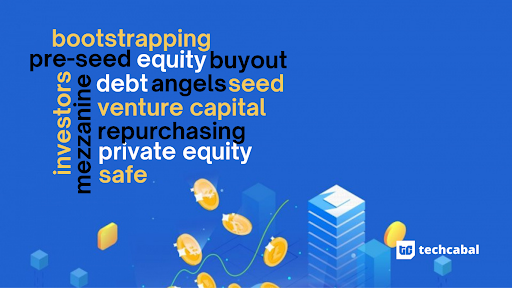
Stop us if you’ve heard this before:
“[Insert startup name] has announced the close [insert millions of dollars in raise] of a pre-seed/seed/Series A round led by Venture Capital firm/Private Equity firm/Angel Investor…”
Startup funding across Africa has grown by at least 600% since 2017. In 2021, African startups raised more than $4 billion, tripling the $1.43 billion raised in 2020. This total funding was made across 600+ funding deals. This means that funding announcements like the excerpt above—in differing variations—were published on media platforms over 600 times.
It also means that you’ve seen those words over and over again, and you’ll definitely be seeing more in 2022, considering African startups have already raised over $1 billion across 130 funding deals in just 7 weeks.
But what do these terms mean? What’s the difference between a Series A round and a Series D round? Who is an angel investor and what do they do? How does debt financing differ from equity financing or mezzanine financing?
In this guide, we break down these funding terms across three categories: the fund types, the funders, and the funding stages.
Fincra provides APIs for making and receiving local & international transfers in EUR, GBP & NGN.
Our APIs fit into all payment applications allowing fintechs to offer virtual bank accounts in multiple currencies.
Sign up for a demo here.
This is partner content.
TC INSIGHTS: MORE FOR ALL
Abayomi lives in Itapa, a small town in Ekiti, South-Western Nigeria. Although he has a bank account, he has to embark on a 42 km journey to the state capital to access banking services. To alleviate this inconvenience, he’s signed up to use a digital financial service platform. Interestingly, he uses this platform for cash transactions through an agent stationed a few miles from his house.
Across Africa, cash transactions remain the most convenient method of receiving payments, though mobile money transactions and online transfers have increased in recent years.
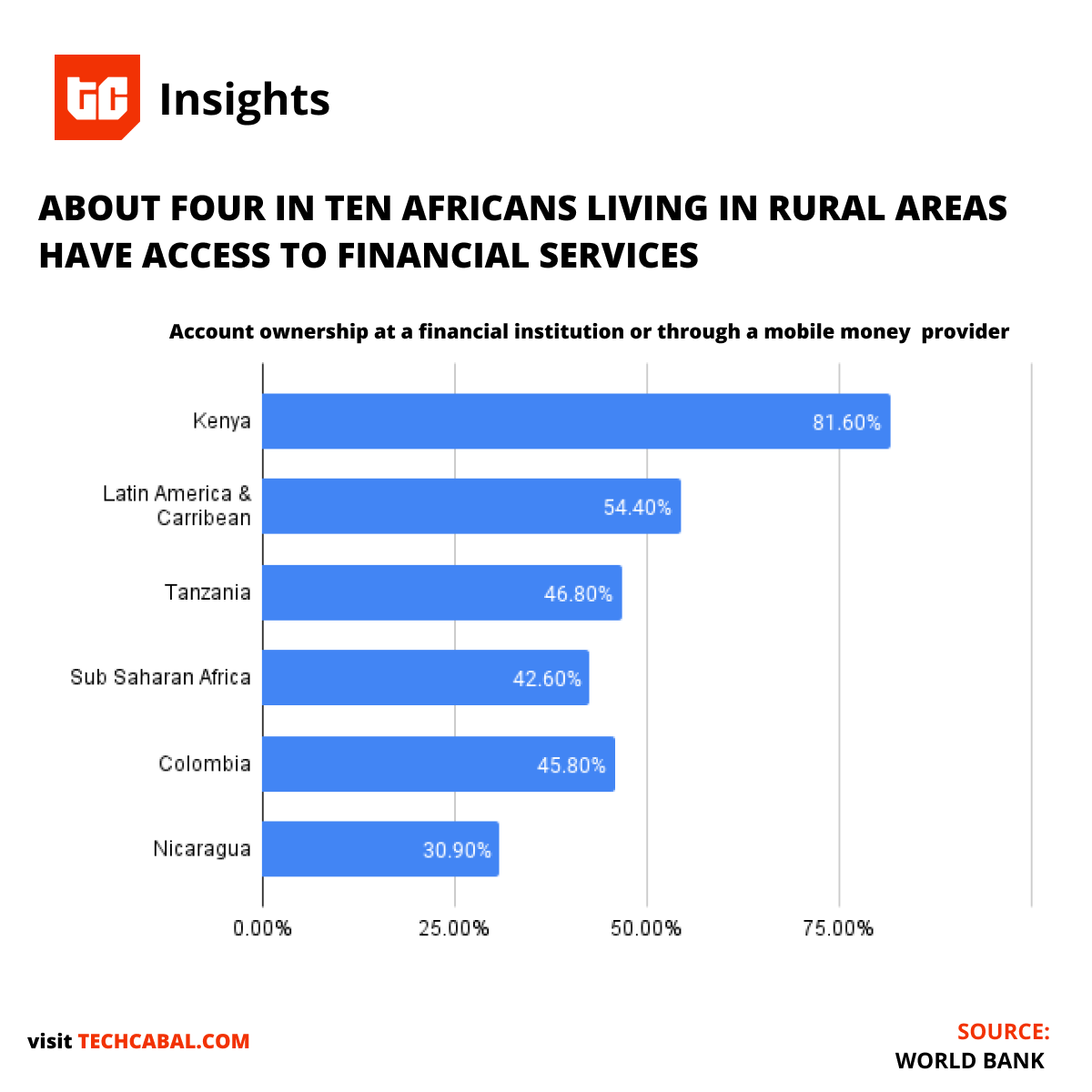
In urban areas, it is a common sight to see young people swipe through their smartphones to access financial services beyond making payments. Internet access and smartphone penetration are significantly higher in such areas.
On the other hand, residents in rural areas depend on agent networks to access these services. “They act as convenient points in isolated communities. Agents provide awareness, education, support, enable access to essential services and products, and promote financial Inclusion, leveraging their trust and entrepreneurship in the community”, says Hugo Pacheco, the Business Unit Head at VMLY&R COMMERCE.
However, maintaining these agent networks comes with high operating expenses to digital financial services due to the low volume of customers in these locations. By diversifying the range of service offerings, their ability to generate more cash transactions per customer increases. This is crucial to their sustainability as they are likely to interface with fewer customers in their service area, relative to their urban counterparts. This approach will create new business models that incentivise them to share their agent networks with other financial and nonfinancial services providers like social services.
As a result, DFS providers recoup their investments by distributing the services offered by partner providers. Beyond the token cash transactions, low-income earners in rural communities across Africa can enjoy more digital financial services.
You can download all our reports here and watch videos from our events. Send your custom research requests here.
TECH PROBE: ANSWERS
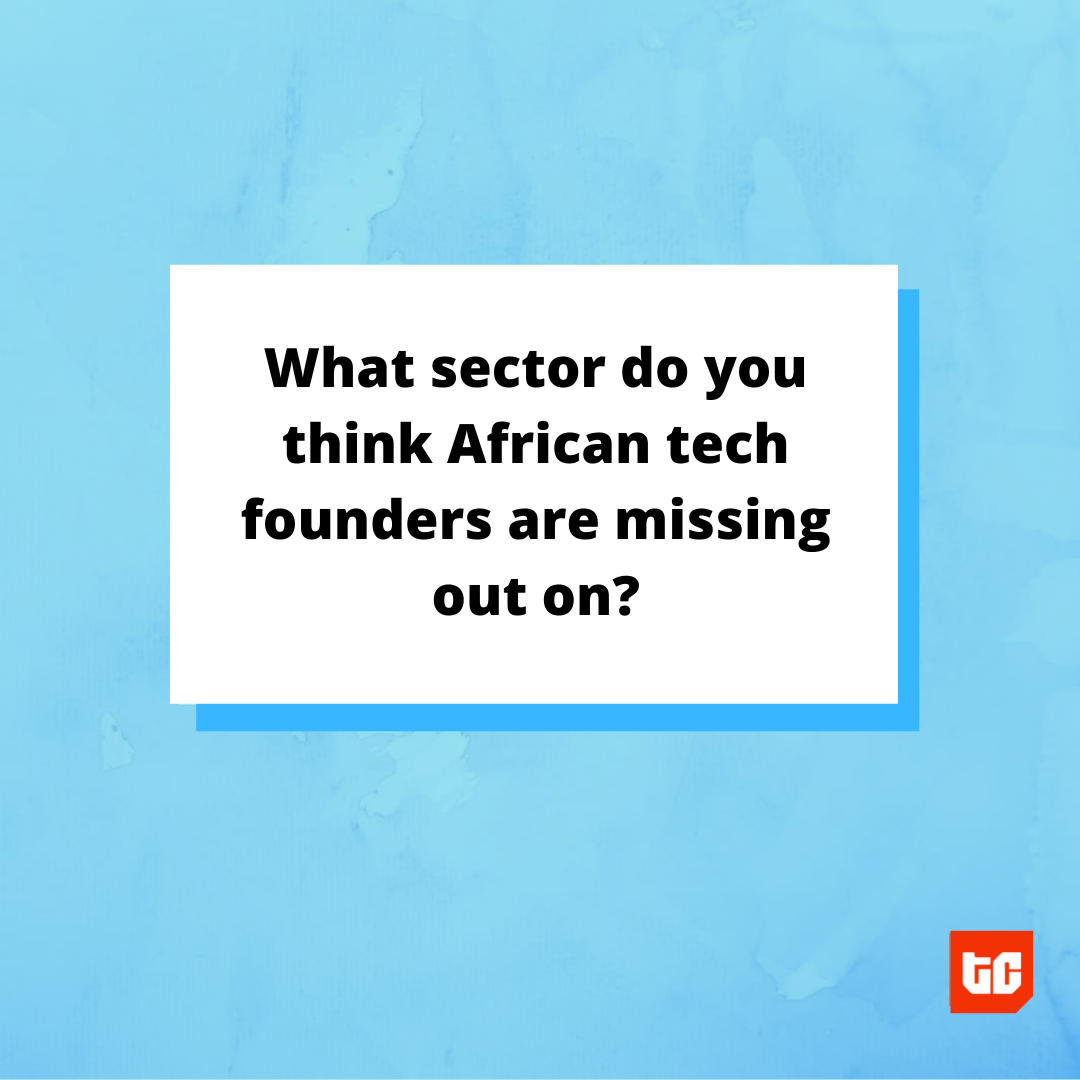
Last week, we asked, “What sector do you think African tech founders are missing out on?”
Here are some of the most interesting responses we received:
- “Fashion and designing, specifically shoe production. There is little to no tech involvement in shoe production. A great proportion of Africans are involved in handmade shoes, mostly leather, and they can’t even get larger output. That’s why we keep on importing shoes,” Fonyuy Leonard (@funyuy_leolion142, Instagram)
- “A noise filter from social media. A calm and selective meditative program/app with sounds that help you reset for the day without going through the daily chaos on social, mobile and online,” – Bschool Africa (@BSchoolAfrica, Twitter)
- “Climate change adaptation through nature-based solutions,” – Romain Diaz (@niamordiaz, Instagram).
JOB OPPORTUNITIES

We’re hiring for a couple of roles at Big Cabal Media (BCM). Supercharge your career with us!
- Senior Analyst – TC Insights
- Software Developer – BCM
- Financial Analyst – BCM
- Paid Media Manager – BCM
- SEO Editor – BCM
There are more jobs here. You can also submit any listings you have at bit.ly/tcxjobs.
What else we’re reading
- Development finance institutions are looking to Africa’s digital frontier for impact and returns.
- Payroll tech heats up in Africa, on the heels of a booming fintech sector.
- How tech-savvy grandmothers are driving initiatives to promote mental health.
- Africa is on track to hit $7 billion or more in startup funding this year.









